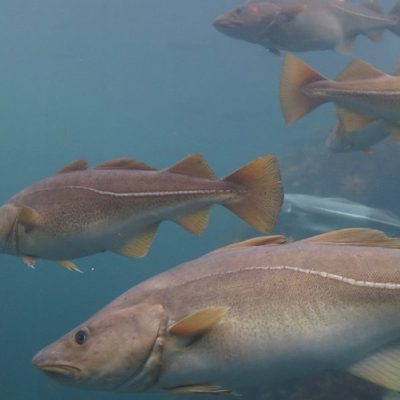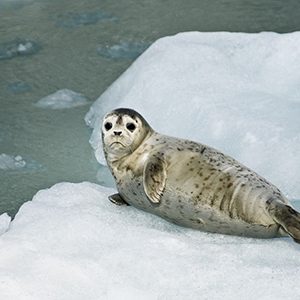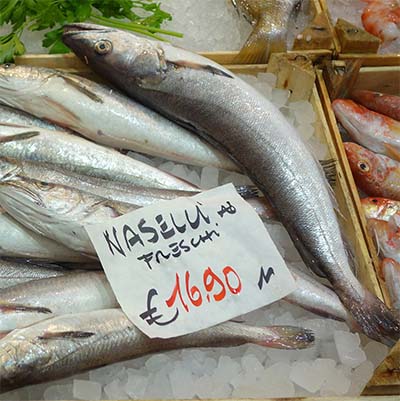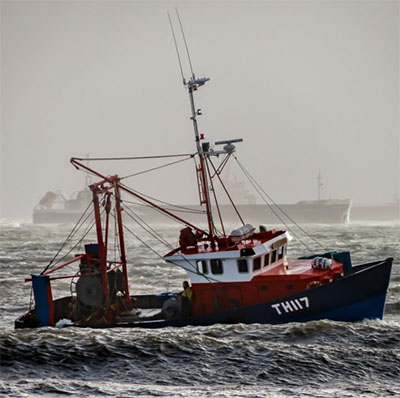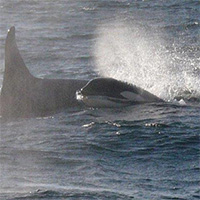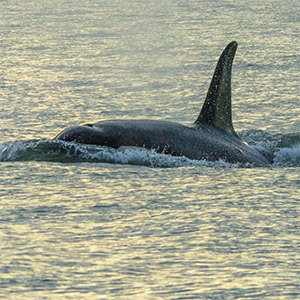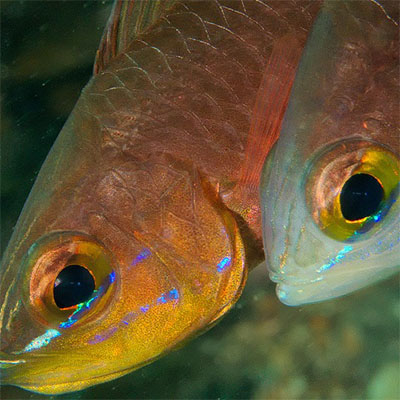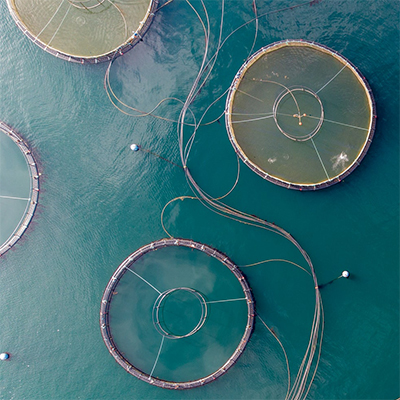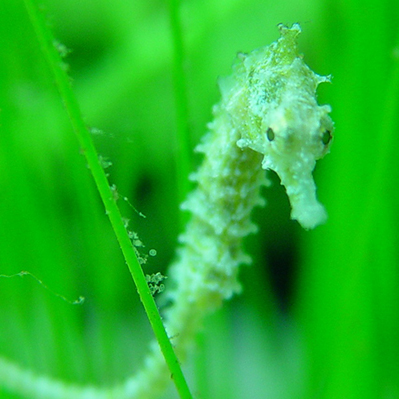New model helps predict climate change-induced early spawning by fish
Fisheries managers and researchers may now predict how early fish will spawn in response to warming waters due to climate change, both in the oceans and in freshwaters.
Long-term studies quantify the prey requirements of pinnipeds, and help predict the effects of nutritional stress
Two new studies by Dr. David Rosen answer the question: “How much fish does a seal need?”
Europe’s most valuable marine species “reduced to a fraction” of their current population size by 2100
Over one quarter of Europe’s 20 most highly-fished marine species will be under extreme pressure by 2100 if nothing is done to simultaneously halt climate change, overfishing, and mercury pollution
Salmon camps show youth Indigenous science at work
Imagine a summer camp where you can watch grizzly bears catch salmon in streams, while learning about the migration and preparation of the fish hovering in the water at your feet.
Nearly half of countries’ shared fish stocks are on the move due to climate change, prompting dispute concerns
The study tracked the shifting ranges of 9,132 transboundary fish stocks, which account for 80 per cent of catch taken from the world’s EEZs, starting in 2006 and projecting to the year 2100.
How big is that whale?
New data from stranded whales is yielding better estimates of body sizes needed to determine drug dosages, as well as assess the health and food requirements of whales
Enhanced statistical models will aid conservation of killer whales and other species
The whale used to develop the model preferred to save energy by gliding through the water when making deep dives, and when it was closer to the surface, it moved more actively, accelerating faster and ‘fluking’ its tail more often.
Data confirm link between respiratory stress and fish reproduction
A consistent metabolic ratio found across 133 Chinese marine and freshwater fish species provides new evidence in support of the idea that fish become sexually active – and spawn for the first time – in response to growth-induced respiratory stress.
Changes in the international trade in live seahorses (Hippocampus spp.) after their listing on CITES Appendix II
This new Fisheries Centre Research Report (FCRR) investigates the international live trade in seahorses.
